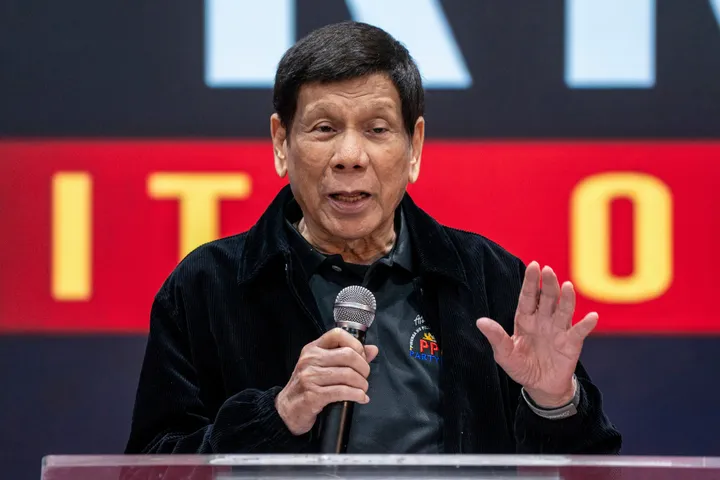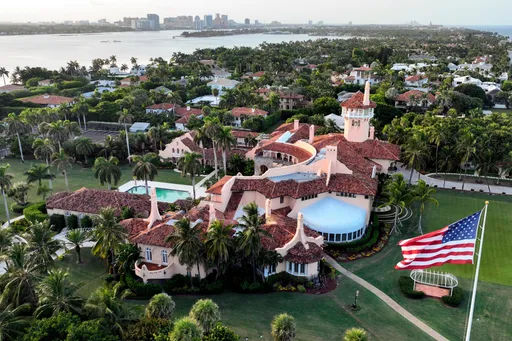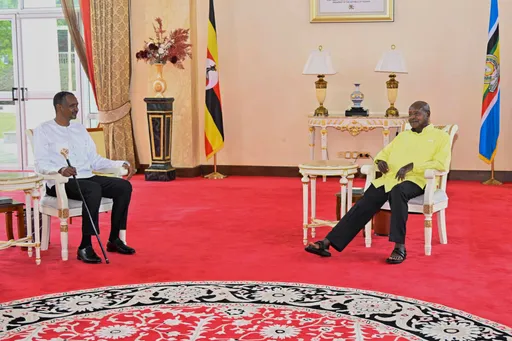Two French ministers have lashed out at the European Commision after the Commissioner for Equality Helena Dalli met the pan-European Muslim youth association the Forum of European Muslim Youth and Student Organisations (FEMYSO).
The French Junior Minister for Citizenship Marlene Schiappa went on Twitter to brand the Muslim student network as an "Islamist association."
FEMYSO, a network of 33 Muslim youth and student organisations across 20 European countries, has in the past criticised the French state of Islamophobic policies targeting the country's Muslim population.
The French government often brands its critics as extremists, Islamists, or Islamo-leftists if they question state policies that seek to regulate how French Muslims practice Islam.
According to the EU Commissioner for Equality, the meeting with FEMYSO aimed to discuss "the situation of young Muslims in Europe and the challenges experienced as a result of stereotyping, discrimination and outright hatred."
The French Secretary of State for Europe Clement Beaune called the EU's meeting with FEMYSO "absurd," vowing that the French government will approach the commision to ensure that links with the grassroots student movement are cut.
Responding to the French government attacks, FEMYSO said that it was, "deeply disappointed to observe that French government officials have spent their political capital and platforms to attack and delegitimise our fully volunteer-led pan-European youth and students organisation, instead of trying to pass effective policies to support local communities in the recovery from this devastating pandemic."
Earlier this month, the Council of Europe, a pan-European human rights body separate from the EU, pulled out of a campaign that sought to draw attention to anti-hijab discrimination after France called it "deeply shocking."
The French Secretary of State for Youth Sarah El Hairy called the positive hijab campaign the "opposite of the values France is standing up for…France made its very strong disapproval of the campaign clear, which is why it was pulled."
FEMYSO, which had cooperated with the Council of Europe in that campaign, attacked France's "hypocritical" stance and called out its "double standards when it comes to the topic of human rights by promoting liberty only for some and especially not Muslim communities."
France's latest attacks on FEMYSO should not be "seen in a vacuum," said the organisation President Hande Taner.
"With upcoming elections in France, we view this unjustified attack as nothing more than a method to legitimise the right-wing credentials of these individuals in order to appease racist far-right ideologues who intend to divide our societies," said Taner.
"The targeting of FEMYSO is nothing less than an active contribution to the shrinking of civic space as well as an attack on human rights defenders," added the statement.
Earlier this year, France's right-wing interior minister, Gerald Darmanin, announced on Twitter that he's moving against a Muslim publishing house for allegedly selling books promoting Islamic history on key Muslim figures who fought in the name of the faith.
In December 2020, the right-wing French Interior Minister Gerald Darmanin dissolved the Collective Against Islamophobia in France (CCIF) on the grounds that its work, fighting against widespread Islamophobia in the country, constituted a threat to the state.
Earlier this year, Macron's government pressured the Muslim community to adopt a so-called "Charter of Imams."
In Article 9, the charter states that the "denunciation of alleged State racism" will be considered an act of "defamation." The document went so far as to say that speaking about state racism "exacerbates both anti-Muslim hatred and anti-France hatred."
The document also seeks to ban mosques from engaging in "political speeches about foreign conflicts."
Discussions about political injustices worldwide, humanitarian crises in Palestine or Mali, places where France finds itself in a less than flattering position, could be deemed a form of extremism, or worse, separatism. In addition, speeches in mosques "hostile to French foreign policy" will also be banned.























